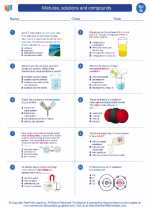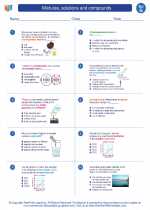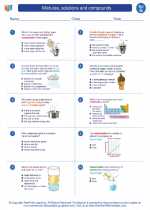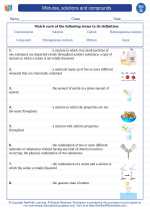Tsunamis: Causes, Effects, and Safety Measures
What is a Tsunami?
A tsunami is a series of ocean waves with very long wavelengths (typically hundreds of kilometers) caused by large-scale disturbances of the ocean, such as underwater earthquakes, volcanic eruptions, or landslides. These waves can travel across entire ocean basins and cause widespread destruction when they reach coastal areas.
Causes of Tsunamis
Tsunamis can be triggered by several natural events, including:
- Underwater Earthquakes: When an earthquake occurs beneath the ocean floor, it can displace a large volume of water, generating tsunami waves.
- Volcanic Eruptions: Explosive volcanic eruptions near or under the ocean can displace water and create tsunamis.
- Landslides: Large-scale underwater landslides, often triggered by tectonic activity or volcanic events, can generate tsunamis.
- Meteorite Impacts: Rarely, a meteorite impact in the ocean can also create tsunami waves.
Effects of Tsunamis
When a tsunami reaches the coast, it can cause widespread destruction and loss of life. The powerful force of the waves can flood coastal areas, destroy buildings, and devastate infrastructure. In addition to the immediate impact, tsunamis can also lead to long-term environmental and economic consequences for affected regions.
Safety Measures and Preparedness
It's crucial for coastal communities to be prepared for potential tsunamis. Some safety measures and preparedness steps include:
- Early Warning Systems: Implementing and maintaining tsunami warning systems to provide advance notice to coastal residents.
- Evacuation Plans: Developing and practicing evacuation plans for coastal areas to ensure residents can quickly move to safer locations in the event of a tsunami warning.
- Public Education: Educating the public about tsunami risks, warning signs, and appropriate responses to warnings.
- Infrastructure Resilience: Designing and constructing coastal infrastructure to be more resilient to tsunami impacts, such as building seawalls and elevated evacuation routes.
Study Guide
To further understand tsunamis, consider exploring the following topics:
- Seismic Activity and Tsunami Generation
- Historical Tsunami Events and their Impact
- Tsunami Warning Systems and Technology
- Environmental and Ecological Impacts of Tsunamis
- Global Efforts for Tsunami Preparedness and Response





